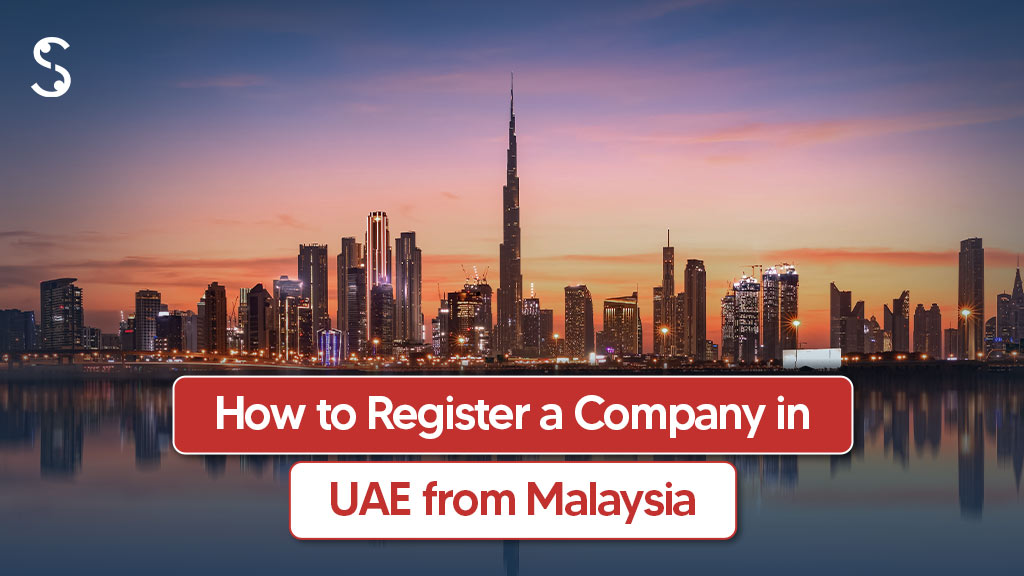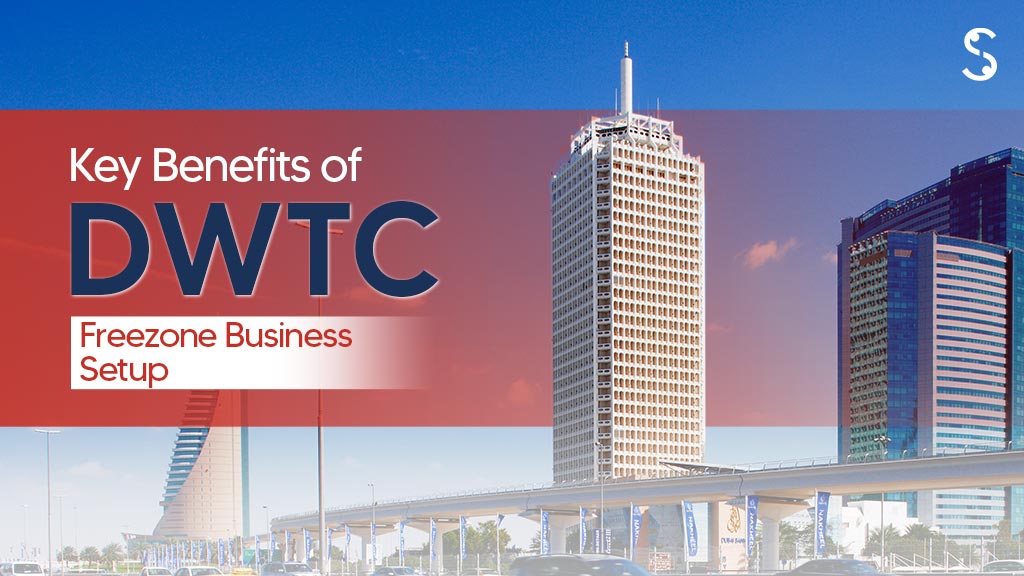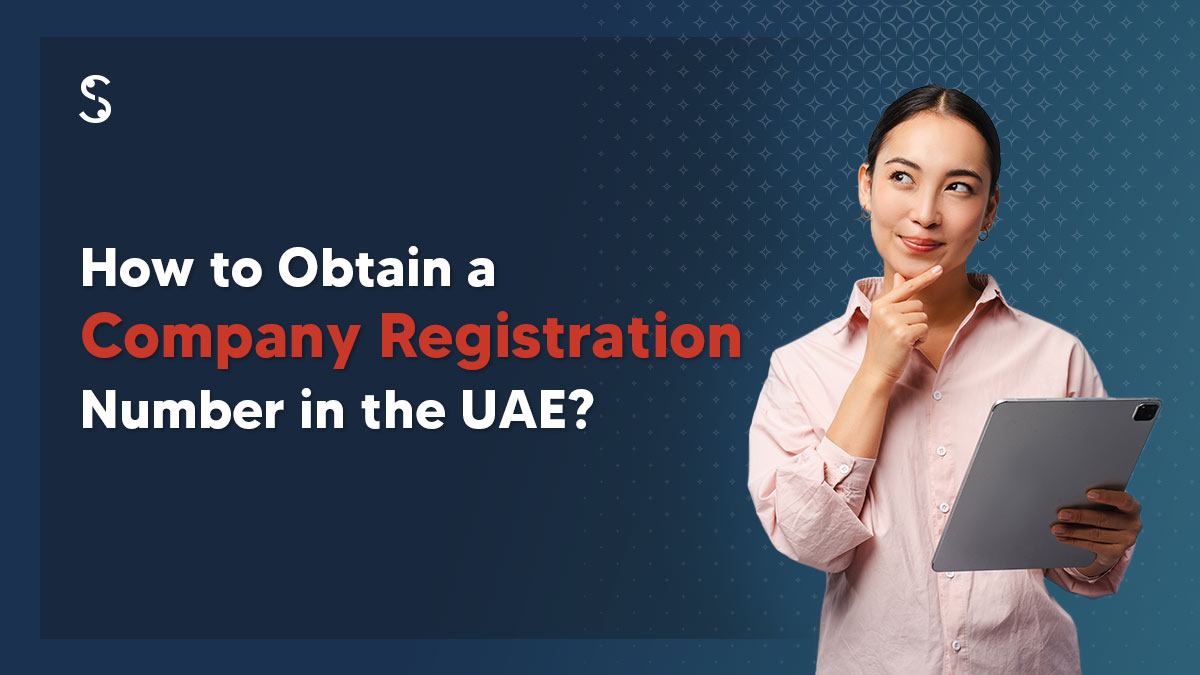Hong Kong and Dubai are two of the world’s top business cities, known for their strategic locations and strong economies. While Hong Kong connects businesses to Asia, Dubai is perfectly positioned as a gateway to Europe, Africa, and the Middle East. Together, these cities share a reputation for being business-friendly and offering global opportunities.
For Hong Kong businesses, expanding to Dubai can open doors to new markets and exciting growth. Did you know Dubai attracts over $20 billion in foreign investment annually and is home to businesses from more than 200 nationalities? Its tax-free policies, world-class infrastructure, and booming industries like trade, technology, and tourism make it a top choice for international expansion.
By moving Hong Kong business to Dubai, you’ll gain access to a market of 3.5 billion people within an eight-hour flight radius, benefit from a growing economy, and operate in a city ranked among the top 5 global hubs for business.
Why Expand Your Hong Kong Business to Dubai?
Expanding your Hong Kong business to Dubai offers unique opportunities to grow. Here are some key reasons and benefits:
1. Geographical Location
Dubai is located at the crossroads of Europe, Asia, and Africa, giving businesses access to 3.5 billion people within an eight-hour flight radius. It’s a gateway to the Middle East, North Africa, and South Asia (MENASA) region.
2. Booming Economy
Dubai’s economy is one of the fastest-growing in the world, with a GDP of over $500 billion (UAE-wide) and thriving industries like trade, logistics, technology, real estate, and tourism.
3. Tax-Free Benefits
Unlike many global cities, Dubai offers a tax-friendly environment including zero personal income tax and very limited corporate tax, allowing businesses to maximize profits.
4. Business-Friendly Policies
Dubai’s government actively supports foreign investors with initiatives like 100% foreign ownership in most sectors, streamlined business setup processes, and pro-investment laws.
5. Global Reputation
Dubai is ranked among the top 10 most attractive cities for foreign investment, thanks to its stable political environment, robust legal framework, and ease of doing business.
6. Thriving Free Zones
Dubai offers 40+ free zones, each catering to specific industries such as logistics, technology, healthcare, and media. Free zones provide benefits like 100% foreign ownership, duty-free imports, and full repatriation of profits.
Key Considerations & Requirements for Expanding to Dubai
Expanding your business to Dubai is an exciting opportunity, but it’s essential to understand the key factors that influence success. Here’s what you need to consider:
1. Choosing the Right Jurisdiction
Dubai offers three main business jurisdictions, each catering to different needs:- Mainland: Ideal for businesses wanting access to Dubai’s local market and government contracts. Offers flexibility in location and activities, along with 100% foreign ownership in most sectors.
- Free Zone: Perfect for export-oriented businesses. Free zones offer benefits like 100% foreign ownership, no import/export duties, and repatriation of profits. Popular free zones include JAFZA, IFZA, DIFC, RAKEZ, Dubai Internet City, and DMCC.
- Offshore: Suitable for businesses seeking tax benefits and a global presence without physical operations in Dubai. Offshore companies cannot trade within the UAE but enjoy privacy and flexibility for international operations
2. Legal and Compliance Requirements
Dubai’s legal landscape requires attention to detail:- Business Licensing: Every business in Dubai needs a license, which depends on the nature of your activities (e.g., commercial, industrial, or professional).
- Permits and Approvals: Specific industries may require additional permits or approvals from government authorities.
- Registration Process: Companies must be registered with the Department of Economic Development (DED) or the relevant free zone authority. The process includes selecting a trade name, preparing legal documents, and obtaining approvals.
- Compliance: Stay compliant with UAE laws, including Anti-Money Laundering (AML) regulations, labor laws, and VAT registration where applicable.
3. Financial Planning
Proper financial planning ensures a smooth business expansion in Dubai:- Business Setup Costs: These include registration fees, licensing charges, and legal document preparation. For free zones, additional costs like office space rental and visa packages apply.
- Operational Expenses: Account for rent, salaries, utilities, and marketing expenses. Dubai’s real estate and living costs vary based on location and business type.
- Budget for Growth: Factor in marketing campaigns, technology upgrades, and potential market expansion to ensure sustainability.
- Banking: Opening a corporate bank account is essential. Be prepared with a business plan, trade license, and shareholder documents for smooth account approval.
Documents Required for Start Business in Dubai
Here's a list of the key documents required when expanding your Hong Kong business to Dubai:
- Passport copies of all shareholders, directors, and managers.
- Visa copies (if applicable)
- Business plan
- Emirates ID or Residence Visa (for UAE Directors)
- Trade license from Hong Kong
- Ejari certificate (rental agreement registration)
- Initial approval letter from the Department of Economic Development (DED).
- Corporate bank account details
- No Objection Certificate (NOC), if applicable
- Industry-Specific approvals
How to Move Hong Kong Business to Dubai? Easy Steps
Here's a simple, step-by-step process for moving Hong Kong business to Dubai:
1. Conduct Market Research
Before moving your business, research Dubai’s market to understand local consumer behavior, competition, and industry trends. Identify the best location for your business—whether mainland, free zone, or offshore.
2. Choose the Right Business Jurisdiction
Select the jurisdiction that aligns with your business goals:- Mainland: For businesses wanting to trade directly in the local market.
- Free Zone: Ideal for businesses focused on international trade with benefits like 100% foreign ownership.
- Offshore: Best for businesses seeking international operations with tax benefits.
3. Register Your Trade Name
Apply for a unique trade name with the Department of Economic Development (DED) or the relevant free zone authority. The name must follow Dubai’s naming regulations and be approved before moving forward.
4. Obtain Necessary Licenses and Permits
Depending on your business type and location, you’ll need to apply for the appropriate trade license. The most common licenses are:
- Commercial License: For trading activities.
- Industrial License: For manufacturing.
- Professional License: For services-based businesses.
Some sectors may require additional approvals from regulatory bodies.
5. Set Up Your Office Space
Secure office space, either through a lease agreement or through a free zone that offers flexible office solutions. Many free zones also provide virtual office options, which can help reduce initial costs.
6. Open a Corporate Bank Account
Open a corporate bank account in Dubai. Be prepared to provide documents like your trade license, passport copies, and proof of address.
7. Apply for Visas and Work Permits
Apply for visas for yourself, employees, and dependents. Dubai offers various visa options, including the Golden Visa for long-term residency, depending on your investment and business activity.
8. Hire Employees
If needed, start recruiting employees. Dubai has a highly skilled, diverse workforce, but ensure you comply with UAE labor laws and work visa requirements.
9. Register for VAT (if applicable)
If your business meets the VAT registration threshold (AED 375,000 turnover per year), register for VAT with the Federal Tax Authority (FTA).
How Much Does It Cost to Expand a Business to Dubai?
The cost for a mainland trade license typically starts at AED 12,000* to AED 50,000 and can go up depending on your business activity and size. Costs for free zone licenses vary by zone but generally range from AED 7,000 to AED 30,000 annually.
Remember, expanding your business to Dubai involves several costs that vary depending on the type of business activity, jurisdiction (mainland, free zone, or offshore), and business size. Here are the key costs you should consider when expanding your business to Dubai from Hong Kong:
- Trade license fees (and renewal fees)
- Office space rental
- Visa and immigration costs
- Bank account setup costs
- Additional approvals and permits
- Government & Legal fees
The exact cost will depend on your business type, the location you choose, and the services you require. It's essential to consider all of these factors in your budget when planning your expansion into Dubai.
How Shuraa India Can Assist
No doubt, Dubai offers incredible opportunities for businesses looking to expand, even for Hong Kong businesses. While expanding may seem like a big step, having the right support makes the process easier and more rewarding. At Shuraa India, we have over 25+ years of experience and have helped more than 100,000 businesses successfully set up in Dubai. We offer complete solutions, including business licensing, documentation, visa assistance, and help with finding office space.
We understand the needs of Hong Kong businesses and provide tailored services to ensure that moving Hong Kong business to Dubai goes smoothly. Whether you want to set up in Dubai Mainland or a Free Zone, we are here to guide you through every step of the process. Let Shuraa help you make your business successful in Dubai. Contact us today to get started.








